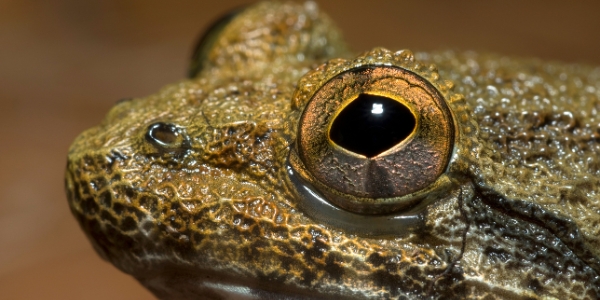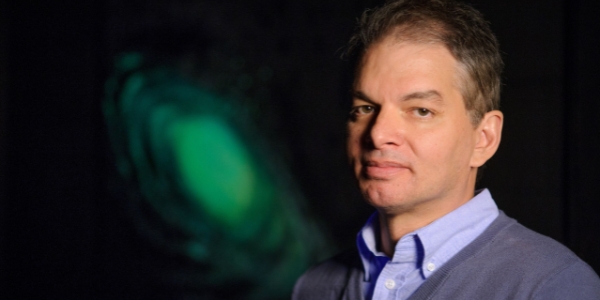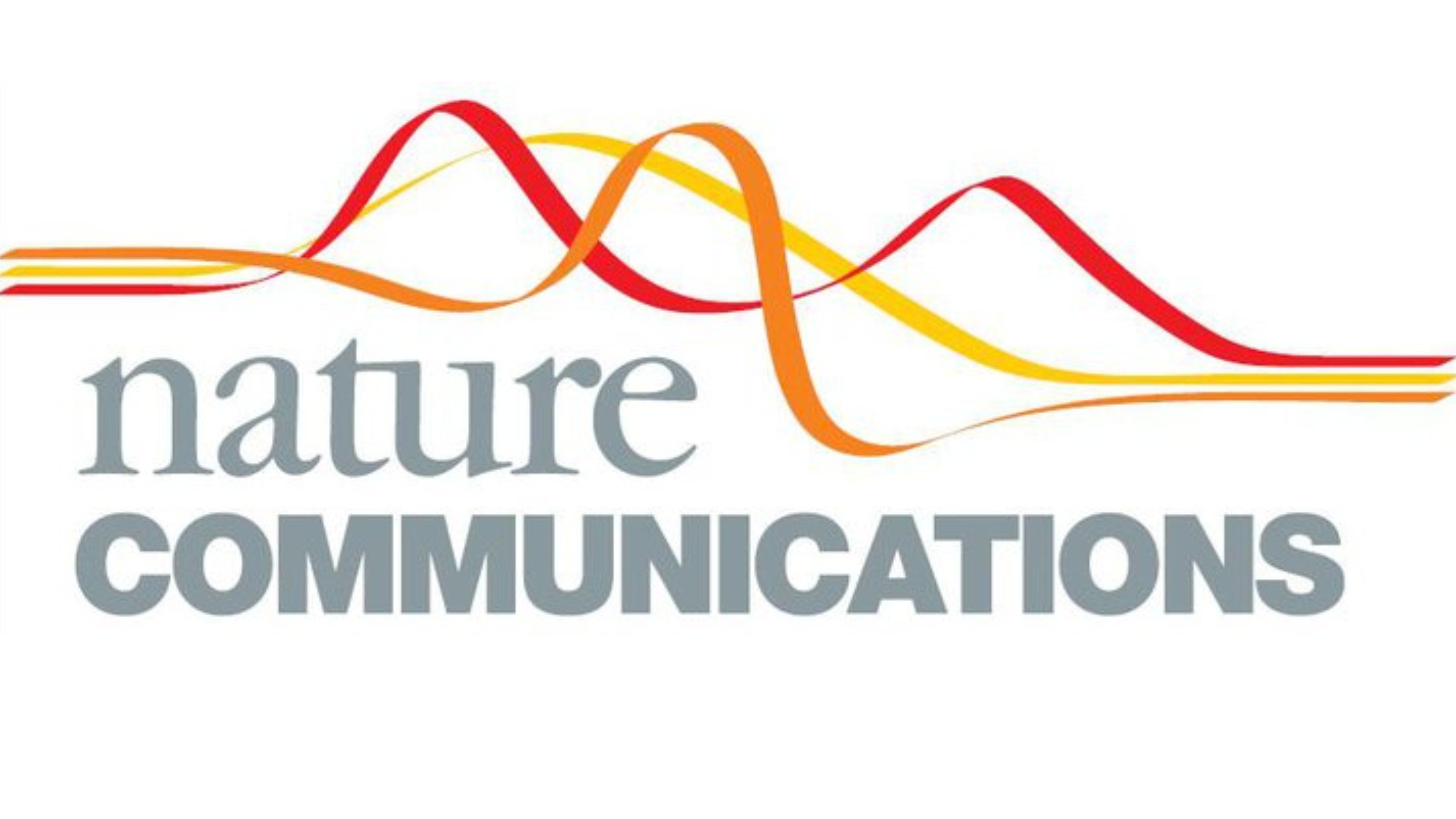Addressing humans' voracious consumption of nature
Global biodiversity has been drastically declining in the past several decades. The traditional narrative of how humans destroy nature has the simplicity of a folk story. Humans consume, biodiversity shudders. Yet the Earth's complexity rarely is served by simple stories.
The United Nations is developing a new blueprint (Post-2020 Biodiversity Framework) to conserve biodiversity over the next decades. To help shape the blueprint, The Royal Society, the world's oldest independent scientific academy of distinguished scientists based in the United Kingdom, has invited leading scientists to write essays in which they share their visions and perspectives.
As part of the suite of essays, Michigan State University (MSU) sustainability scholar in the Department of Fisheries and Wildlife and the Ecology, Evolution, and Behavior program Jianguo "Jack" Liu shows the complicated saga of the growing  needs and appetites of people and the new ways science can understand this tangle
of want, consume, destroy and conserve.
needs and appetites of people and the new ways science can understand this tangle
of want, consume, destroy and conserve.
"The global community must engage if we want to conserve what ultimately keeps us alive," said Liu, the Rachel Carson Chair in Sustainability and director of MSU's Center for Systems Integration and Sustainability. "We need complete stories about how we are affecting biodiversity at all levels, and we need to tell those stories to give people ways to make constructive decisions."
Liu reimagines the consumption = biodiversity loss simplicity as a more comprehensive understanding. When people in one region eat more meat, for example, it isn't just a matter of distant meat-supplying regions suffering loss of natural landscapes to pastures while consumers grow plump and happy.
Read more at CANR.



